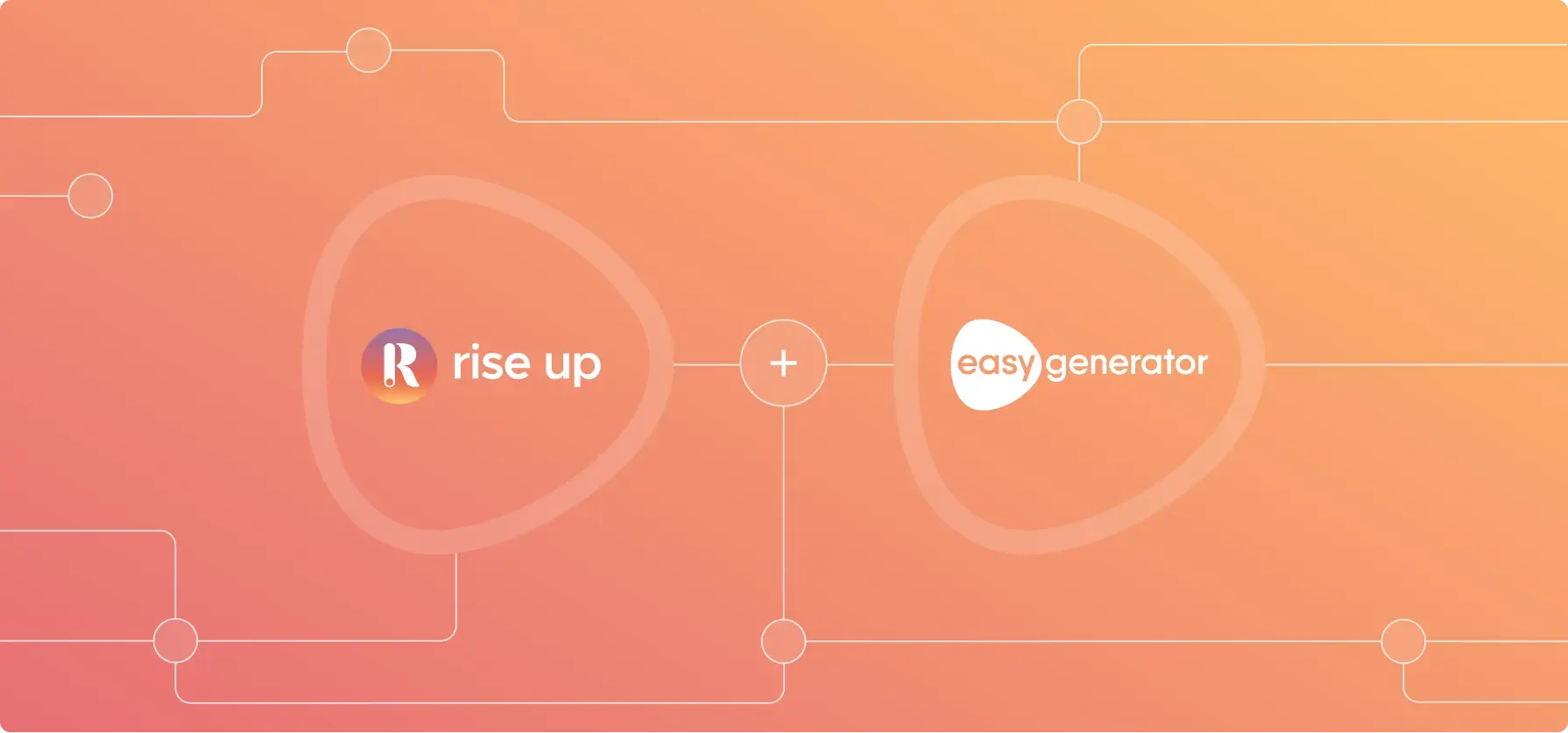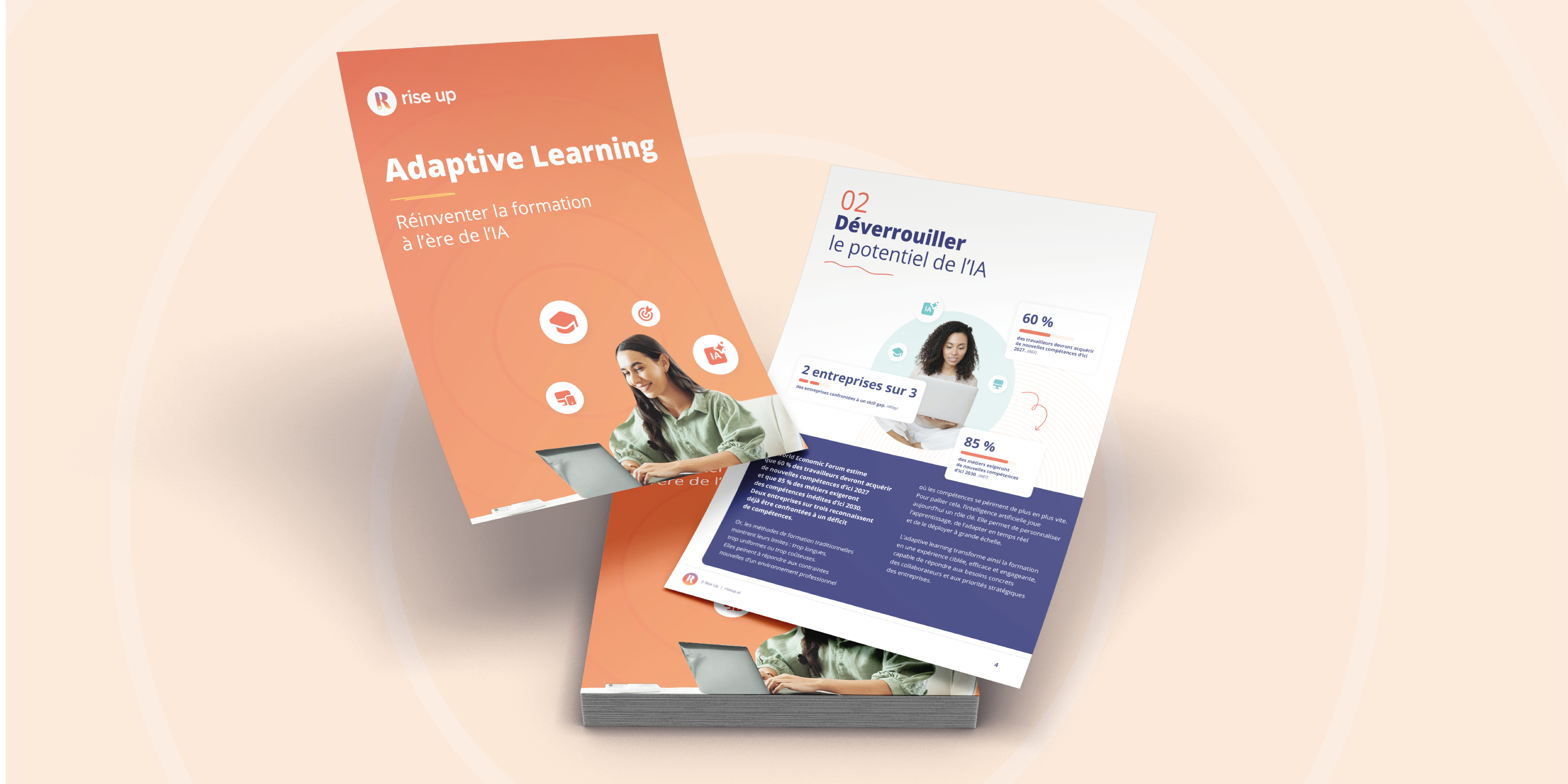What are hard and soft skills?
7 minutes of reading | 2022-05-14
The pandemic and its consequences – travel restrictions, lockdowns and the shift to remote working – have led to the exponential digitalisation of work and professional training. Beyond that, the pandemic has led to a paradigm shift, forcing us to take a step back and reflect on how we run our economies and societies. As a result, we have come to realise the importance of human connections.

In this global context, the needs and expectations of companies have evolved. A consequence of this is that soft skills – i.e., people skills – are increasingly sought-after by employers. So, while hard skills – i.e., technical skills – are far from being cast aside, soft skills are now playing a key role, given their focus on how candidates and employees interact with others and conduct themselves.
During a job interview, it’s not uncommon for a recruiter to spend longer evaluating a candidate’s soft skills than evaluating their hard skills. Similarly, organisations are increasingly developing employees’ skills via training modules based on soft skills, both through digital learning and in-person sessions.
Hard skills: what are they and
why are they important for employers?
What are hard skills?
Hard skills are the specific abilities that a candidate or employee possesses. They relate to the know-how acquired during higher education, work placements, different jobs and any training courses undertaken.
Mastering graphic design or accounting software, knowing a coding language, being fluent in a foreign language or even being able to drive specific vehicles (buses, HGVs, etc.) or operate machinery all count as hard skills.
They demonstrate a (prospective) employee’s ability to master the technical nature of a job, regardless of the industry, be it IT, marketing, accountancy, banking and insurance, research, translation, baking or construction. Employees should be able to demonstrate that they have mastered the hard skills relevant to their specific profession.

A few essential skills
Technical skills constitute the “basic training” of every professional role. In this sense, they are essential. You can’t be a Spanish teacher if you don’t know the language of Don Quixote, nor can you be an airline pilot if you’ve never piloted an aeroplane. This kind of know-how is measurable, quantifiable and can generally be evidenced by diplomas and other certificates obtained through study or over the course of a career.
Technical qualifications allow an employer to make sure that a candidate has the skills required to do the job. They can also help candidates to stand out from the crowd. For example, a communications manager who wants to work for a multinational company will stand out more if they can speak two foreign languages compared to just one or none at all.
What will be the top 3 essential skills for trainers in 2025 ? Read our article here.
Soft skills: what are they and why should they matter to companies?
What are soft skills?
In contrast to hard skills, soft skills are defined as the set of interpersonal skills that an individual possesses. Here, we’re moving away from technical skills to skills with more of a human aspect to them. Soft skills are centred on social skills. They include empathy, autonomy, the ability to manage stress or take the initiative, discipline, work ethic, flexibility and problem-solving abilities.
These types of skills are innate. They form part of who you are and how you come across, and they are essential in the world of work. Soft skills therefore partly condition how an individual conducts themselves in the workplace. For instance, a sociable person who is a good communicator will certainly find it easier to work in a team than a solitary person who likes to work independently and struggles to take criticism.

The soft skills that are becoming increasingly popular
Soft skills relate to social intelligence and emotional intelligence – areas that recruiters are viewing as increasingly important. In a professional world that is in constant flux and is becoming increasingly digitalised and decentralised, employees need to be able to demonstrate their adaptability.
As we have seen, soft skills are therefore occupying an increasingly prominent role in job interviews as well as in professional training courses and e-learning courses in particular. Training modules on time management, verbal and non-verbal communication and even emotional regulation are widely available nowadays.
However, soft skills can be difficult for employees to pick up and develop. Training an employee in Excel, for instance, is quite straightforward. But instilling skills such as patience or empathy is much more difficult. This is also why soft skills are held in such high esteem by employers.
The most in-demand hard and soft skills, according to recruiters
An ideal candidate is one who possesses both the hard and soft skills required for a specific role. Technical skills being equal, soft skills can give one applicant the edge over another.
Here are the hard skills most sought after by recruiters:
- IT skills: programming, development and blockchain engineering (storage and information transmission technology), cloud computing;
- technical skills, such as video production, UX (user experience) design, data analysis;
- business skills: sales, business analytics.
Conversely, the soft skills most in demand are:
- communication and negotiation;
- creativity;
- persuasion;
- team building;
- project management;
- adaptability;
- critical thinking and decision making;
- leadership and team management.
Above all, an employer will attempt to analyse a candidate’s ability to slot into a team, interact with colleagues effectively and bring soft skills that tie in with the organisation’s culture. Adaptability and flexibility are also essential to ensure that an employee is capable of evolving within an increasingly agile organisation.
Developing hard and soft skills with digital training
You’ll know by now that so-called hard and soft skills are prized by recruiters during job interviews. However, they remain essential even after the recruitment process is over and need to be developed throughout an employee’s career. And for good reason: these are exactly the skills that enable an organisation to perform well.
It’s therefore a good idea for organisations to help their employees gain these skills. Digital training – which is both time-saving and practical – can have the desired impact, not least because many LMS platforms, like Rise Up, offer a catalogue of off-the-shelf training courses aimed at developing or improving hard and soft skills.
So, in addition to training courses which are specific to their company or role, employees can also benefit from a wide range of training courses on managing stress, working remotely, learning a new language or using a new piece of software.






